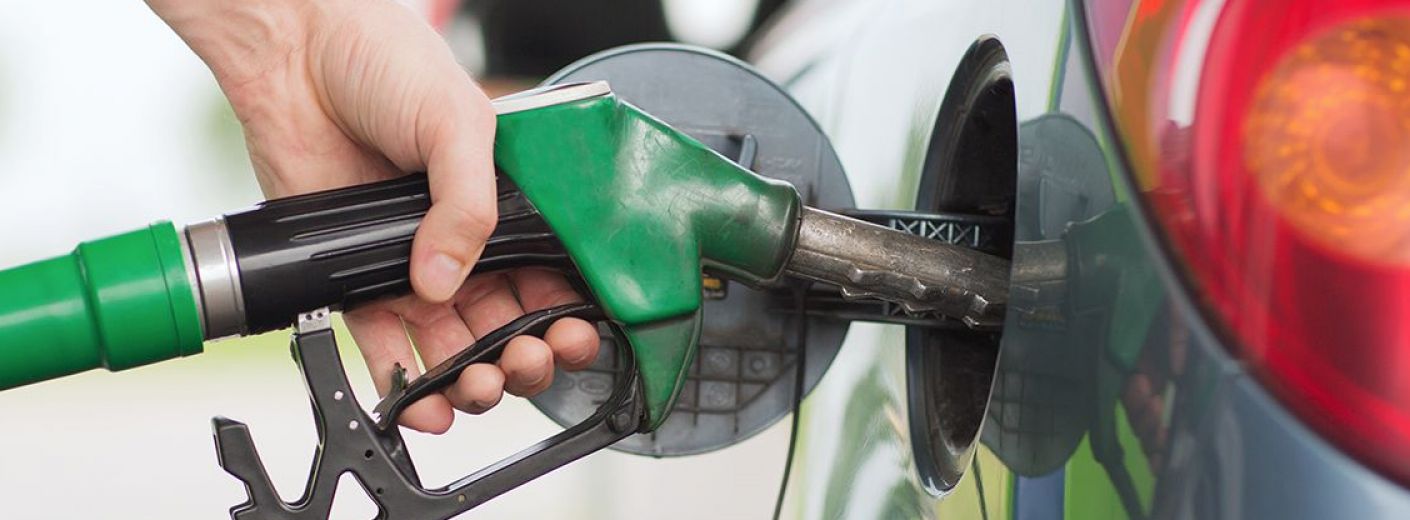Fuel retailers base pump prices on the wholesale cost of petrol and diesel, but there is typically a two-week ‘lag’ between pump prices moving to reflect any change in the wholesale price as this is the time it takes for fuel to work its way through the supply chain to the forecourt.
The total retail price paid at the pump also includes a significant amount of tax and VAT. This means that most of the price we pay at the pump goes direct to the Treasury, which together with other taxes total more than £50bn a year.
Fuel Price Variations
Prices can also vary dramatically from region to region and even in towns that are only a few miles apart. Sometimes fuel can even be cheaper in a more rural location than in an urban one, perhaps as it happens to be closer to a fuel storage terminal or refinery. Local retail dynamics also play a part. Local prices are very often driven by the presence of supermarkets keen to compete on price or an independent forecourt retailer that is determined to offer the cheapest fuel. If local supermarkets selling fuel don't compete strongly on price this can in fact lead to motorists paying more.
Rural Fuel Prices
The Government has taken action to help some of the country’s most rural communities where the price of fuel is deemed to be negatively affecting residents. The RAC believes the issues of price and security of fuel supply are key to the economic and social well-being of the UK, and that lower forecourt fuel prices actually help stimulate the economy.
What impacts the price of fuel for drivers?
The price of fuel in the UK is influenced by a variety of factors, both domestic and global.
Here, we outline some of the key ones for drivers:
Crude oil prices
The largest factor is the price of crude oil, which is set globally. Oil prices are largely influenced by supply and demand, geopolitical tensions, natural disasters, and the decisions of large oil-producing nations.
Exchange rates
Since crude oil is priced in US dollars, fluctuations in the value of the British pound against the US dollar can impact the cost of oil in the UK. A weaker pound makes oil more expensive for UK buyers.
Taxes
Fuel prices in the UK are heavily affected by taxes. VAT (Value Added Tax) and fuel duties account for a significant portion of the price consumers pay. The UK government sets the rate of these taxes, and they can increase or decrease over time, affecting the final price.
Refining costs and profits
Crude oil must be refined into the petrol and diesel used in vehicles. The costs involved in refining also play a role in fuel prices.
Distribution
The cost of transporting and storing fuel from refineries to petrol stations also impacts the price at the pump. Retailers, such as petrol stations, add a markup to cover their costs and make a profit.
Competition and supply chain
The number of competing retailers and regional fuel supply issues can lead to price variations. If there’s a disruption in the supply chain, prices can spike temporarily.
Government policies
The UK government occasionally intervenes in the fuel market through subsidies, taxes, or regulations to either encourage or discourage fuel use, or to help reduce the impact of global price rises on consumers.
Global events
Geopolitical events, such as conflicts or tensions in oil-producing regions, natural disasters that disrupt production, or changes in global demand (as seen during the Covid-19 pandemic), can affect global oil prices and, in turn, influence UK fuel prices.

RAC sale – up to 33% off*
• Roadside cover from £5.29 a month†
• We get to most breakdowns in 60 mins or less
• Our patrols fix 4/5 breakdowns on the spot











